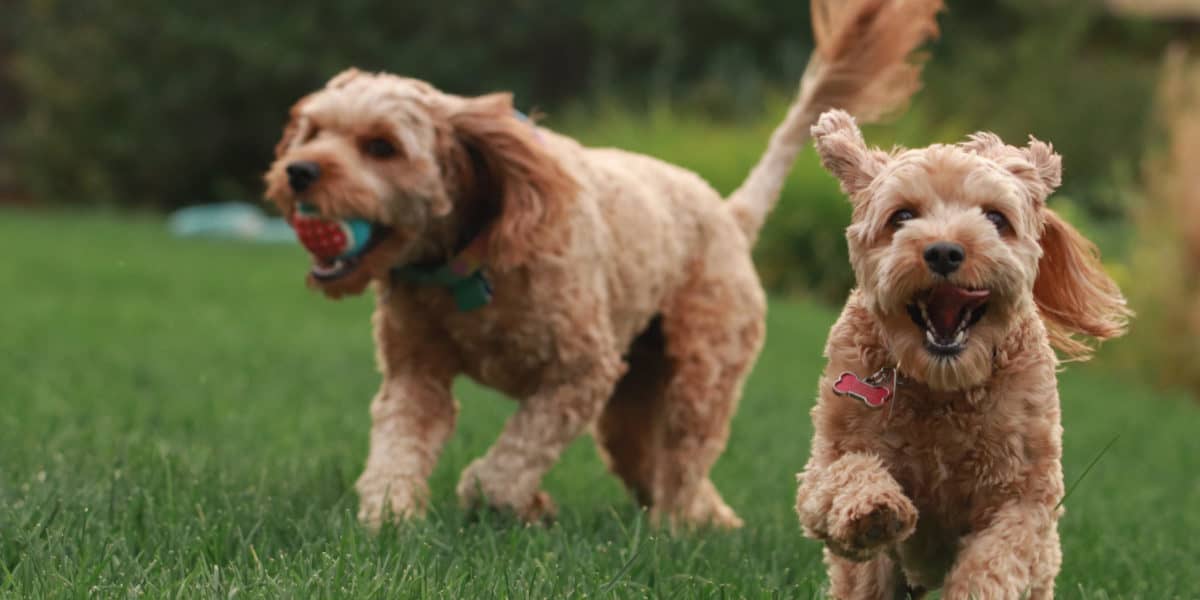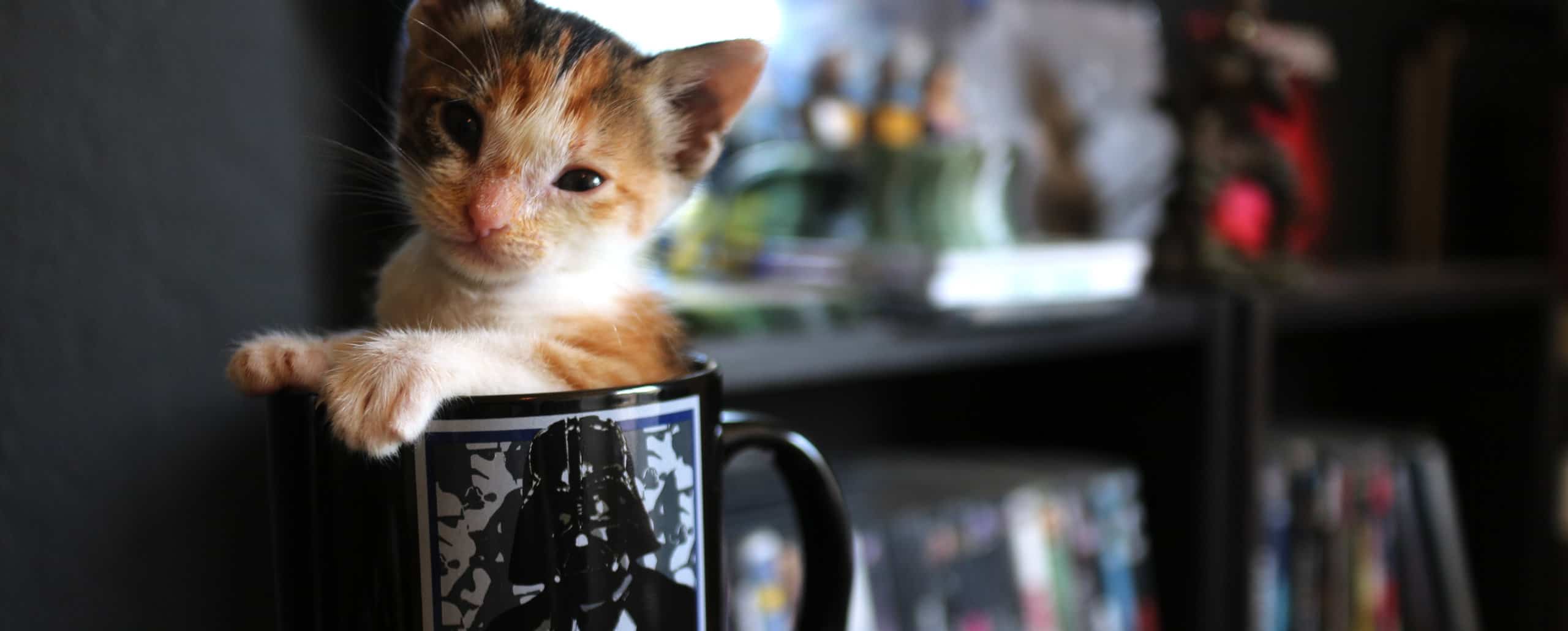
Every minute counts. Everything is optimised. If it doesn’t further our goals, it doesn’t get looked at exist.
In the efficiency-obsessed world we live in, this always-on sense of productivity and getting things done needs to be tempered by a sense of play.
By some silly, childlike energy that just makes things fun.
This is a noncontradiction: Breaks and play actually make us more productive, not less productive.
In fact, by incorporating play into our lives, we may find that it bleeds over into our productive time as well.
And this can lead to a dream scenario:
To be productive, and have fun at the same time.
What Is Play?
Play is a sense of fun, childlike excitement and energy.
It is also an area of life.
As an area of life, play is unique. Every other area in our life has some purpose or goal attached to it, be it more money, a loving relationship or some kind of learning.
In contrast, play has NO purpose. It literally is just “for fun”.
The fact that play exists as an area is important — it means that we need it to live a good and productive life.
Play also exists as part of the time management stack, as such:
It fuels you alongside other concepts like purpose, values and motivation.
If you’ve read my manifesto Evolution, you’ll recognise play as being part of the principle of hedonism.
What About Breaks?
Play can actually be thought of as existing in two parts.
The first part is what we described above: Actual play.
These are the things we do for fun, be it some cheap dopamine hits or indulging in a bit of old-fashioned hedonism.
The activities that make up play will differ from person-to-person as we all enjoy doing different things. What you find fun, others may find tedious. And what you find tedious, others will find fun.
There is no right or wrong with “actual play” — it’s more important that you get the actual playtime in.
The second part of play is the breaks.
Breaks are the minutes, hours and days when play happens.
You can think of breaks as a “low level” of play. They don’t really add anything on their own, but they do give you a short reprieve from having to focus or burn productive energy.
And everyone needs breaks to remain productive and to recover their depletable resources.
Play Makes You More Productive

I mentioned earlier that play is a noncontradiction, and that it sits alongside being productive.
The way this looks is that if you are busy, yes you should be working 10x, probably for six or seven days a week.
But you can still make time for play.
And as you develop your sense of play, you’ll find that it runs over into your productive time.
The basis for this comes from Mihály Csíkszentmihályi’s research on flow states: One part of getting into “flow” with your work is to have a sense of fun and play to it, which makes the work intrinsically rewarding.1For more see Flow.
This is different for everyone.
Some people don’t enjoy writing.
But for me, bringing together complex ideas into simple explanations and then crafting that into communicable words is intrinsically rewarding.
Some people don’t enjoy coding.
But for naturally gifted programmers, overcoming technical challenges and building elegant programs that solve complex problems is intrinsically rewarding.
How Play Can Benefit You
The biggest benefit that play adds to your life is that it helps you get unstuck.
When we are pushing ourselves to be productive and focused all the time, everything becomes serious and is tied to a goal, outcome or purpose.
The effect of doing this for too long is that those things become solid and unchangeable — they become stuck.
This is where no matter how much effort or work we seem to put into a goal or project, it just doesn’t progress. The counterintuitive thing we need to do here is to actually take a step back — and allow for some play.
Introducing play into our lives helps us get unstuck in magical ways. We find that those solid concepts all of a sudden become fluid and start to flow again. Changing things becomes easier. Being agile, rapidly iterating and incorporating new ideas becomes easier. And we start to make progress on what we want again.
You can also think about this as unleashing your inner child, your creativity or your subconscious.
Getting unstuck leads to other benefits.
We find that the activities we do become more light-hearted, fun and energetic.
We find that we can inject some humour and brightness into periods of stress and tough times.
We remind ourselves that no matter how bad the situation is, there are still some simple pleasures and cheap thrills that we can enjoy in life.
A System for Implementing Play and Breaks
Play can be divided into two parts:
- Breaks.
- Actual Play.
The breaks provide the system and structure for the actual play.
Taking breaks
Taking breaks is the expected and minimal level of play that we need in our lives.
The easiest way to implement them is to think in terms of cascading timeframes.
| Timeframe | Breaks |
| Within a day | Use timeslices to temper your working rhythm. e.g., Work 25 minutes, break 5 minutes. |
| Daily | Wind down for 30-60 minutes as the last thing in your day as part of your evening ritual. Get enough sleep. |
| Weekly | Take anywhere from a half day to three days off every week, depending on where you are at in your life and how intense your productive time needs to be. |
| Monthly | Monthly breaks will happen naturally as a result of your weekly breaks. |
| Quarterly | Take a 2-3 day break every quarter, preferably outside your home or city. The purpose of this break is to go outside your normal environment and rest and recharge. You don’t have to sightsee or do any activities unless you want to. Leave your laptop at home. |
| Annually | Take a 1-2 week vacation outside your city every year. Travel is cool and gives you a different perspective on your own situation, as well as a chance to reset your habits and routines. Take your laptop if you have to, but avoid using it as much as possible. |
Actual play
Actual play is different for everyone.
Some people find reading stressful, others find it blissfully relaxing.
Some people receive massive enjoyment from watching TV, others find it just “meh” 🤷♂️.
You need to work out what play activities are enjoyable to you.
Here is a list of some play activities to get you started:
- Reading.
- TV/Web series.
- Video games.
- Cooking.
- Eating out.
- Time with SOs, friends, family.
- Going out.
- Any hobbies.
- Any sports or exercise activities.
- Outdoors activities like hiking, surfing or coastal walks.
- Doing absolutely nothing.
- Browsing social media.2Though I’d argue that this one is more habitual.
- Shopping.
It’s worth working out what your “cheap thrills” are. These are the inexpensive (in terms of time and/or money) activities you can do that are disproportionately enjoyable.
Examples include going out to the cinema, playing video games or reading romance novels.
Putting breaks and play together
During your breaks, pick a play activity and enjoy it.
It really is as simple as that.
A Final Note: Making Your Play Time High Quality

This entire guide has been about enjoying the other side of being productive — by not being productive at all.
But if I put on my productivity guru hat and ask: How can I make this even better?
We arrive at the concept of high-quality play.
This is the idea that our days on Earth are limited, so when we have breaks or downtime or time off… why not do the things we really enjoy rather than just things to take a break from work?
For example, I’d much rather go white water rafting than sit and scroll my Facebook feed for 2 hours.
The way to make our play activities and time higher quality is to ask:
How can I get even more enjoyment and fun out of the time I have set aside for breaks and play?
This will obviously differ from person to person but here are some of my personal examples.
Instead of just trying to cook a new recipe… I’ll cook a new recipe and have some people over for dinner.
Instead of reading only non-fiction… I’ll read fiction as well to experience the author’s perspective and worldview.
Instead of spending a day off at home… I’ll take a short day-trip somewhere out of town and see something new.
What To Do Next
Here’s how you can get started with play:
- List out what you like to do for fun.
- Make sure you’re taking your breaks.
- Have fun during your breaks and play time.
If you want to go deeper into how play and work interact, have a read of the time management stack, or pick up a copy of Csíkszentmihályi’s book, Flow.
If you enjoyed this article, you’ll probably enjoy Evolution. It goes deeper into how play and hedonism are a crucial part of life, and how they sit alongside purpose and flow to help us live better lives. It’s 100% free to download and you can get it here.
- For more see Flow.
- Though I’d argue that this one is more habitual.
Photos by Mia Anderson, Daniel Tuttle, Michael Rivera 🇵🇭.
